When things go wrong: Investigating workplace bullying allegations
Despite robust prevention strategies, serious workplace bullying allegations sometimes surface and require a formal investigation. How you respond can be the difference between resolving an issue effectively and facing significant legal and reputational fallout.
In our employment law practice, we've seen how proper investigation processes protect both complainants and respondents while minimising organisational risk. Ultimately, it’s about making good decisions that keep people safe.
Here's what we’ve learned.
Understanding your risk profile
When a bullying complaint escalates to a formal investigation, legal risks increase considerably. Under New Zealand employment law, organisations may face claims such as constructive dismissal or unjustified disadvantage grievances for failing to provide a safe workplace.
The Health and Safety at Work Act obliges employers to manage workplace hazards, including harmful behaviours that create psychological risks. Failing to investigate properly can expose an organisation to substantial penalties and reputational harm.
When to launch a formal investigation
Not all complaints warrant a full investigation; minor or isolated incidents may be resolved informally if it is clear what has happened and how to move forward.
However, formal investigations are often necessary to establish the facts first before leaping into what to do about it. Assessing the severity, frequency, impact, and roles involved helps determine whether to pursue a formal process or consider alternative options for resolution as a first step.
Planning and managing the investigation
Before starting, develop a clear strategy. Define the scope of the investigation. Consider carefully what it is you are looking to find out. Consider whether the respondent should be suspended or reassigned to keep people safe as you move through the process. Make sure that if you are considering suspending that you consult with the affected employee first.
Think about how you will communicate with the complainant and what their needs are throughout the process.
Choosing investigators: Internal vs external
Decide whether you can investigate this in-house. Internal investigations are suitable when impartiality can be maintained. They benefit from cultural understanding and established relationships but may risk conflicts of interest or reduced credibility. It can often be swifter and relationships more easily maintained.
External investigators are at times a preferred option particularly for cases involving senior staff, or complex or sensitive allegations. They bring independence and experience, but there will be an associated cost and at times it brings more delay. Make sure that any investigator is suitably qualified. They must be either a lawyer or a licensed private investigator.
Executing a robust investigation
Start by formally acknowledging the complaint, outlining the process and timeframes, and offering support resources. Notify the respondent in writing, explain their rights, and provide representation and support options. Procedural fairness requires that respondents know the specific allegations and have an opportunity to respond.
Gather evidence through detailed interviews with all parties and witnesses, collecting relevant documents. Skilled investigators look for inconsistencies, observe demeanour, assess motivations, and seek corroborating evidence, to assess credibility when faced with different stories from different people.
Analysis, findings, and documentation
Evaluate the evidence against behavioural standards, assess credibility, and determine facts on the balance of probabilities. Clearly document reasoning and all findings.
Meticulous record-keeping of interviews, documents, timelines, and communications is vital for protecting the organisation and ensuring fairness. These days, recording interviews and transcribing them is the fastest way to keep a record. This is a good option where the people involved agree to the recording.
Maintain confidentiality by sharing information only with those who need to know and securely storing investigation materials. Make sure people are aware that information may be shared before they are asked to provide it. They can then make an informed decision about participation in your process.
Resolving outcomes and moving forward
Base findings strictly on evidence and distinguish between factual conclusions and recommended actions. Where misconduct is proven, ensure outcomes are proportionate, consider past disciplinary history if applicable, but also mitigating factors that the respondent puts forward.
After the investigation, address workplace relationships, implement preventive changes, and monitor for ongoing issues. Use insights from the process to strengthen policies, provide additional training, and improve early intervention systems.
Prevention remains key
A robust investigation process is essential when serious issues arise so that you are clear what has happened and what to do about it.
However, a highly performing team culture invests in prevention, early intervention, and effective management. Ideally in this environment, investigations can be avoided.
When investigations are necessary, conducting them properly is crucial to protect individuals and the organisation, demonstrating not only sound risk management but also responsible leadership.
Read our resource on ‘Beyond legal compliance: Why smart leaders design bully-free workplaces’ for our tips on how to adopt a preventative approach to workplace bullying.
Policies and Procedures
The Employee Handbook
As your business grows it can be helpful to record ways of doing things for your business. There is no one stop shop when developing policies and procedures. The first step is to think about the purpose of the document and who it is for. An employee handbook can be a useful resource for new starters.
Your policies will reflect how you do things. We will work with you to help you think about what you might need in your business. Policies should empower your staff to do the right thing - they should not be the red tape bogging down your business.
We can work with what you have already or provide some fresh templates to get you going.
View all Douglas Lawyers Services

Office Address: 65 Alpha Street, Cambridge 3434
Postal Address: PO Box 339, Cambridge 3450
DDI: 09 320 1699
E: info@douglaslawyers.co.nz

